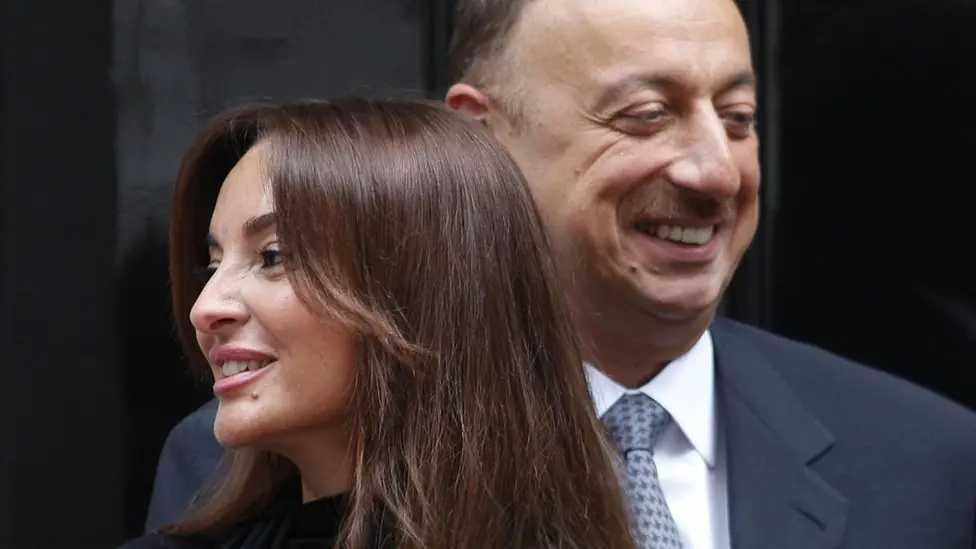It must be nice to come home when you live in another city. Your family welcomes you, sets the table — you bring them gifts. Then you visit friends, and walk along the familiar streets from your childhood, breathing in the scent of freshly fallen leaves. You drink tea or wine together and remember what it was like to be teenagers.
Unfortunately, such a feeling is unknown to me.
I left Vladikavkaz in 2020 and haven’t been home since. Meeting my loved ones has become a kind of quest — I can’t go back even for a visit because of the threat of criminal prosecution, the Russian Federal Security Service (FSB)’s interest in my work, and the risk of ending up in prison. My family, on the other hand, can’t simply get a Schengen visa, since Russians are hardly welcome in Europe these days due to Russia’s full-scale invasion of Ukraine.
As a compromise, we are forced to meet in countries that don’t require visas for Russian citizens — Georgia, Armenia, Turkey. A couple of times, Greece issued my mother a national tourist visa (but not a Schengen one). But for most ordinary Russian citizens, including those from the North Caucasus — people who have nothing to do with Russian President Vladimir Putin or the full-scale war in Ukraine — the majority of countries remain closed.
And that’s without even mentioning the fact that there are no direct flights between Russia and EU countries now, with connecting flights cost a small fortune. Each of these trips — just to see my family for a couple of days — hits my budget hard.
I last saw my loved ones just last week. I won’t name the country where we met, as we’ll probably need to meet there again. It wasn’t easy getting there. I remember when flights from Vladikavkaz to Europe and back used to cost around $100 — something that now feels like a distant memory.
When I first moved to Prague to live and work, the COVID-19 pandemic hadn’t even properly started yet. I remember checking specific flights after receiving my job offer in early 2020, thinking I’d be able to fly home at least once a month.
Now I have no home — the Czech Republic doesn’t grant citizenship to Russian citizens. I openly speak out against the war and face persecution in my home country, yet in another country I live on precarious terms, barely scraping by, because I’m not entitled to any support — I’m not officially a refugee, after all. And I can’t return to North Ossetia, because waiting there with open arms is the FSB, not my family.
Could I move to a more welcoming country? Of course. But that would mean once again leaving everything behind — including the friends and connections I’ve built over five years in the Czech Republic. I’m not ready to start from scratch again.
What’s my point? Cherish your loved ones. Cherish the moments you share with them and spend more time together. You never know when it might end — especially when politics barges into your family life.






